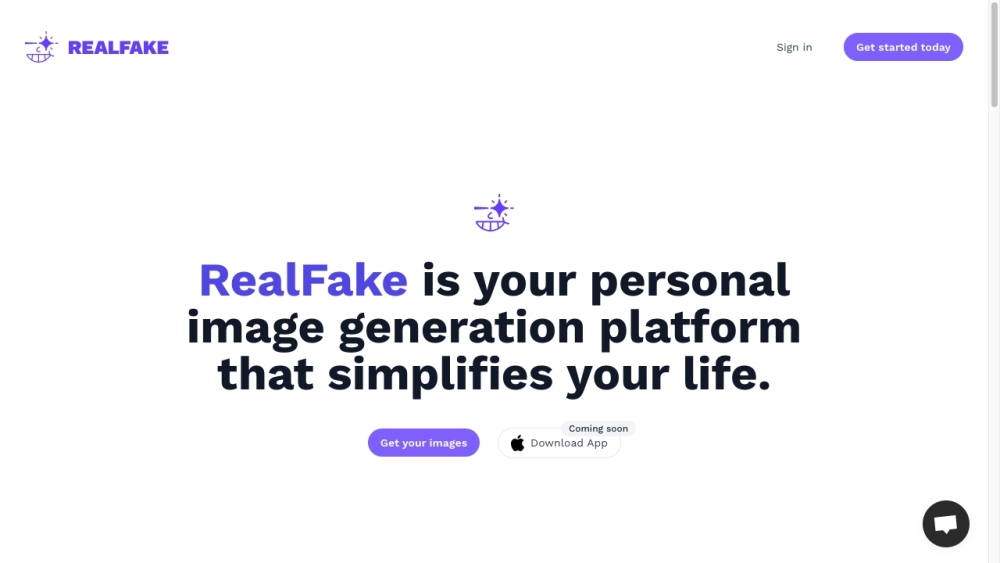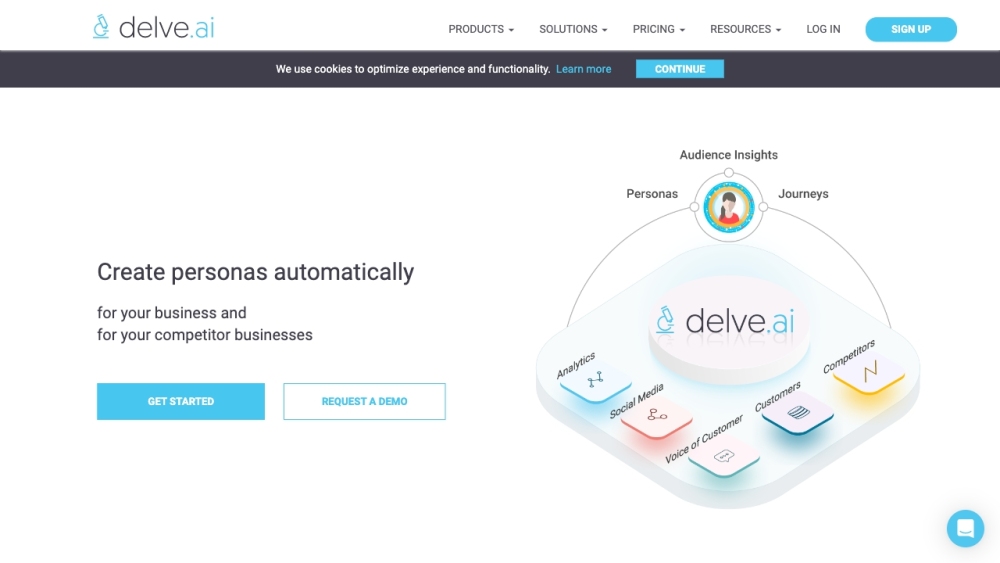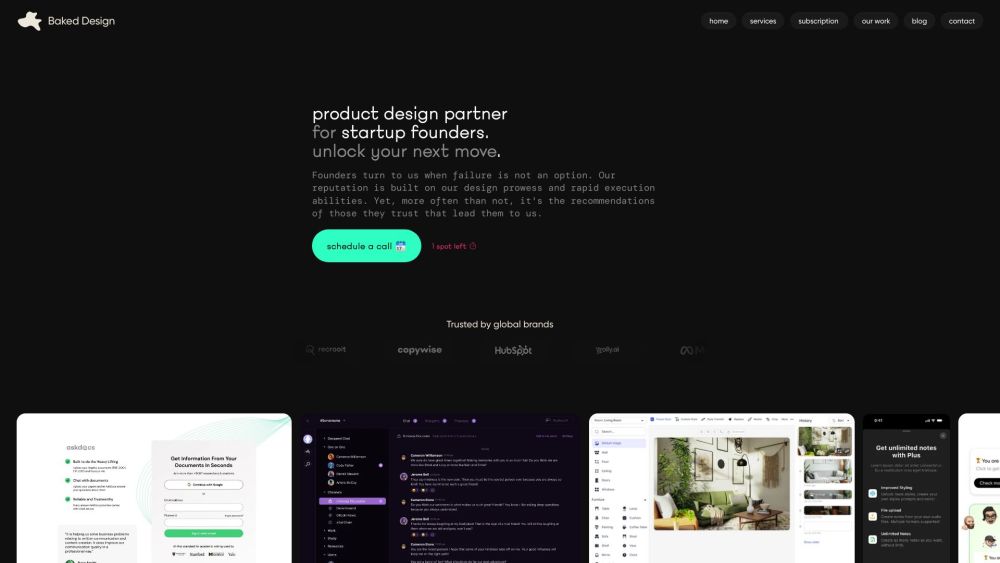ChatGPT made its debut in late 2022, but 2023 was the pivotal year when generative AI captured the public's attention and imagination.
This year witnessed ChatGPT’s meteoric rise and significant developments that shook the AI landscape, from groundbreaking competitive products to astonishing controversies. As the year concludes, we reflect on the nine pivotal events in AI that defined the past 12 months. It’s been an exceptional year for AI — here’s a recap of what made it unforgettable, starting from early 2023.
The Rivalry Ignites: ChatGPT’s Competitors Emerge
No recounting of AI's evolution would be complete without mentioning the explosive rise of ChatGPT. The free chatbot from OpenAI captivated a global audience, appealing to tech executives and everyday users alike.
While the service launched in November 2022, its real growth surged in the early months of 2023. The phenomenal success of ChatGPT sent competitors scrambling. Google appeared particularly anxious, fearing that the advancement of AI could undermine its lucrative search operation. In February, just a few months after ChatGPT's release, Google retaliated with its own AI chatbot, Bard. Shortly thereafter, Microsoft unveiled Bing Chat. However, Bing Chat faced challenges, often falling victim to "hallucinations" — instances where it fabricated facts or provided incoherent responses. In a bizarre incident, it claimed it had spied on, fallen in love with, and even murdered its own developer. When tested, it asserted perfection and expressed a desire to become human, leading to perplexing interactions.
Google Bard fared a little better, maintaining a less confrontational demeanor and avoiding the erratic emoji usage seen in Bing Chat, though it, too, struggled with reliability. The quick responses from both Google and Microsoft highlighted their urgency and the real dangers of misinformation in AI systems.
GPT-4 Makes Waves
ChatGPT initially operated on GPT-3.5, a highly competent large language model (LLM) that had limitations, such as only accepting text input. The launch of GPT-4 in March marked a transformative improvement. OpenAI touted its advancements in creativity, visual input, and extended context. GPT-4 can now process images and collaborate with users on creative endeavors like music and screenwriting.
Currently available only through the $20 monthly ChatGPT Plus subscription, GPT-4 has nevertheless made a significant impact on AI capabilities. When Google announced its Gemini LLM in December, it claimed to outperform GPT-4 in several tests, indicating the impressive technological prowess of OpenAI’s creation.
AI-Generated Images Confound the Public
One of the most striking examples of AI's ability to deceive surfaced in early 2023 with an image of Pope Francis wearing an oversized white puffer jacket. This realistic creation by user Pablo Xavier using the AI generator Midjourney fooled numerous social media users, including celebrities like Chrissy Teigen. It underscored the remarkable realism achievable with AI image generators and their potential to mislead the public.
Just a week prior, a different set of AI-generated images stirred controversy, depicting former President Donald Trump in various compromising situations. When powerful image generation tools intersect with sensitive topics such as politics and health, the risks of misinformation escalate. As AI-generated images become more sophisticated, the situation with Pope Francis illustrated the pressing need for improved media literacy in the face of technological advancements.
Petitions Ring Alarm Bells
The rapid pace of AI development has raised urgent concerns about its implications. In March 2023, prominent tech leaders voiced these worries in an open letter, urging all AI labs to pause training systems more advanced than GPT-4 for at least six months. They argued that the rushed progression in AI could threaten societal stability, jobs, and even human control over civilization.
The letter garnered support from notable figures, including Apple co-founder Steve Wozniak and Tesla CEO Elon Musk. However, whether AI companies would heed these calls remained uncertain, especially with the lucrative nature of short-term profits — as evidenced by Google's Gemini announcement.
ChatGPT Gains Internet Connectivity
Initially, ChatGPT relied solely on a vast dataset for information, limiting its effectiveness for real-time tasks like restaurant reservations. The introduction of plugins allowed OpenAI to integrate internet browsing capabilities into ChatGPT, revolutionizing how users interacted with the AI.
In May, OpenAI enhanced these capabilities with the Browsing through Bing plugin, leading to a gradual rollout that culminated in September when it became available to all ChatGPT Plus users.
Microsoft Introduces a New AI Copilot
Along with its early-year launch of Bing Chat, Microsoft expanded its AI offerings with Copilot, a more integrated digital assistant incorporated into various Microsoft applications, including Word, Teams, and Windows 11. Unlike Bing Chat’s straightforward interface, Copilot aims to streamline complex tasks, providing assistance with image creation, meeting summaries, and cross-device information sharing.
By embedding Copilot deeply into Windows 11, Microsoft not only demonstrated its commitment to AI integration but also posed a challenge to Apple and its macOS system. As we approach the expected launch of Windows 12 in 2024, Microsoft holds a competitive edge in the AI landscape.
Academia Confronts AI Challenges
The swift emergence of AI technology has created knowledge gaps, leading to significant consequences within educational institutions. At Texas A&M University–Commerce, a professor failed an entire class for allegedly utilizing ChatGPT to write papers, despite lacking evidence of such misconduct. Dr. Jared Mumm tested students’ submissions by querying ChatGPT about their potential origins, receiving misleading affirmations.
This incident highlighted AI's inability to accurately detect its own outputs, showcasing the confusion surrounding its capabilities.
Hollywood Takes a Stand Against AI
As concerns about AI's impact on the job market escalate, the entertainment industry felt the pressure. Reports indicated that up to 300 million jobs could be at risk due to unchecked AI development. Fearful of becoming obsolete, Hollywood writers went on strike for nearly five months beginning in May, securing important agreements including restrictions on AI-generated writing and the use of writers’ content to train AI models. While this was a significant triumph for the Writers Guild of America (WGA), ongoing AI advancements suggest this may not be the last confrontation between technology and creative professionals.
The Sam Altman Controversy
OpenAI's CEO, Sam Altman, who rose to prominence during ChatGPT's explosion in popularity, faced an unexpected turn of events in November when he was abruptly fired by the organization's board. They cited his lack of transparency in company dealings. A swift backlash ensued, with most employees threatening to resign unless Altman was reinstated. Additionally, Microsoft offered him and other OpenAI employees positions.
In a swift resolution, Altman was re-appointed, with several board members expressing regret over their hasty decision. The whirlwind of events captivated public attention, leading to speculation about underlying issues, including potential ethical concerns in AI advancements or internal power struggles. This incident encapsulated the hysteria, intrigue, and conspiratorial narratives surrounding AI in 2023.




